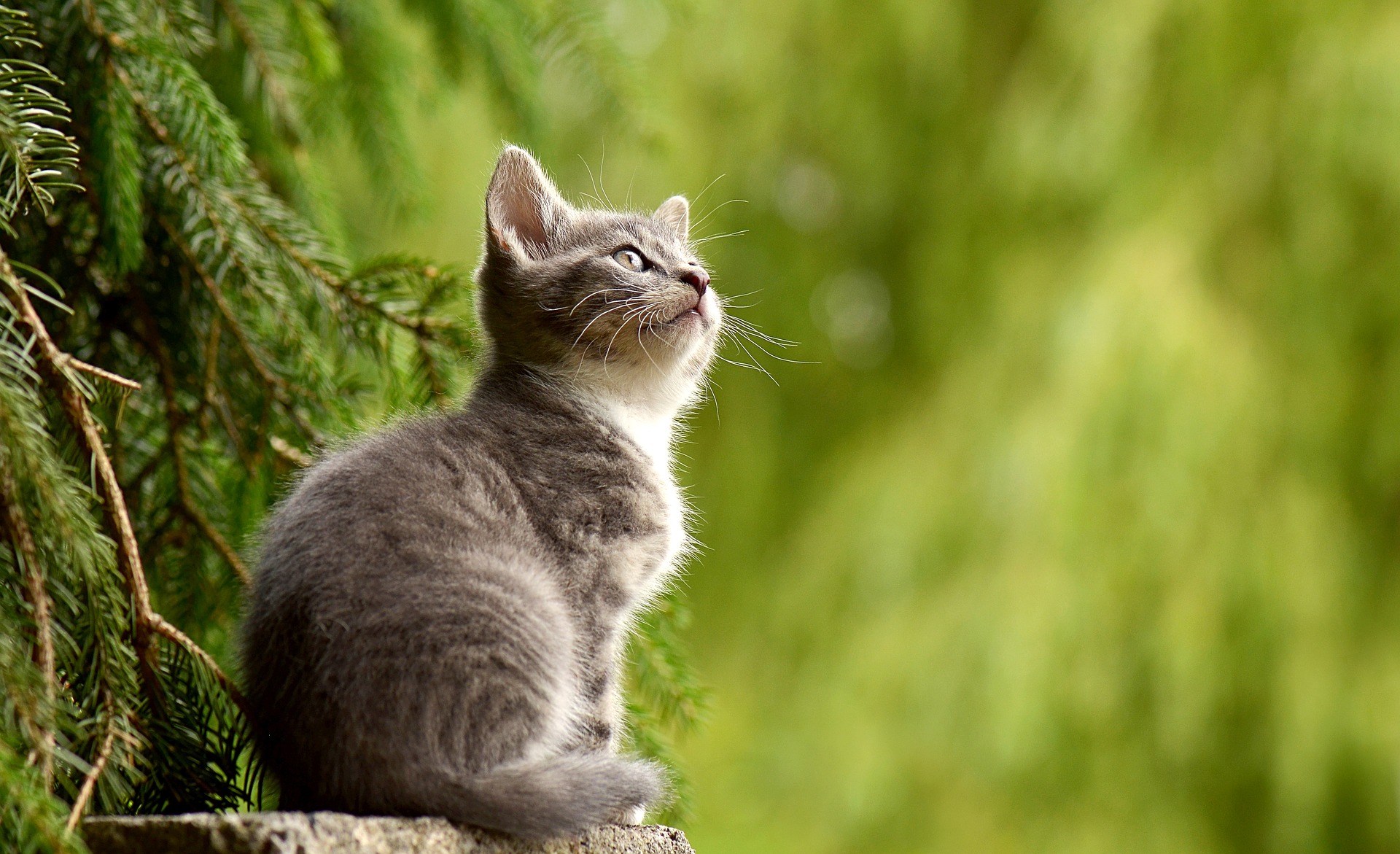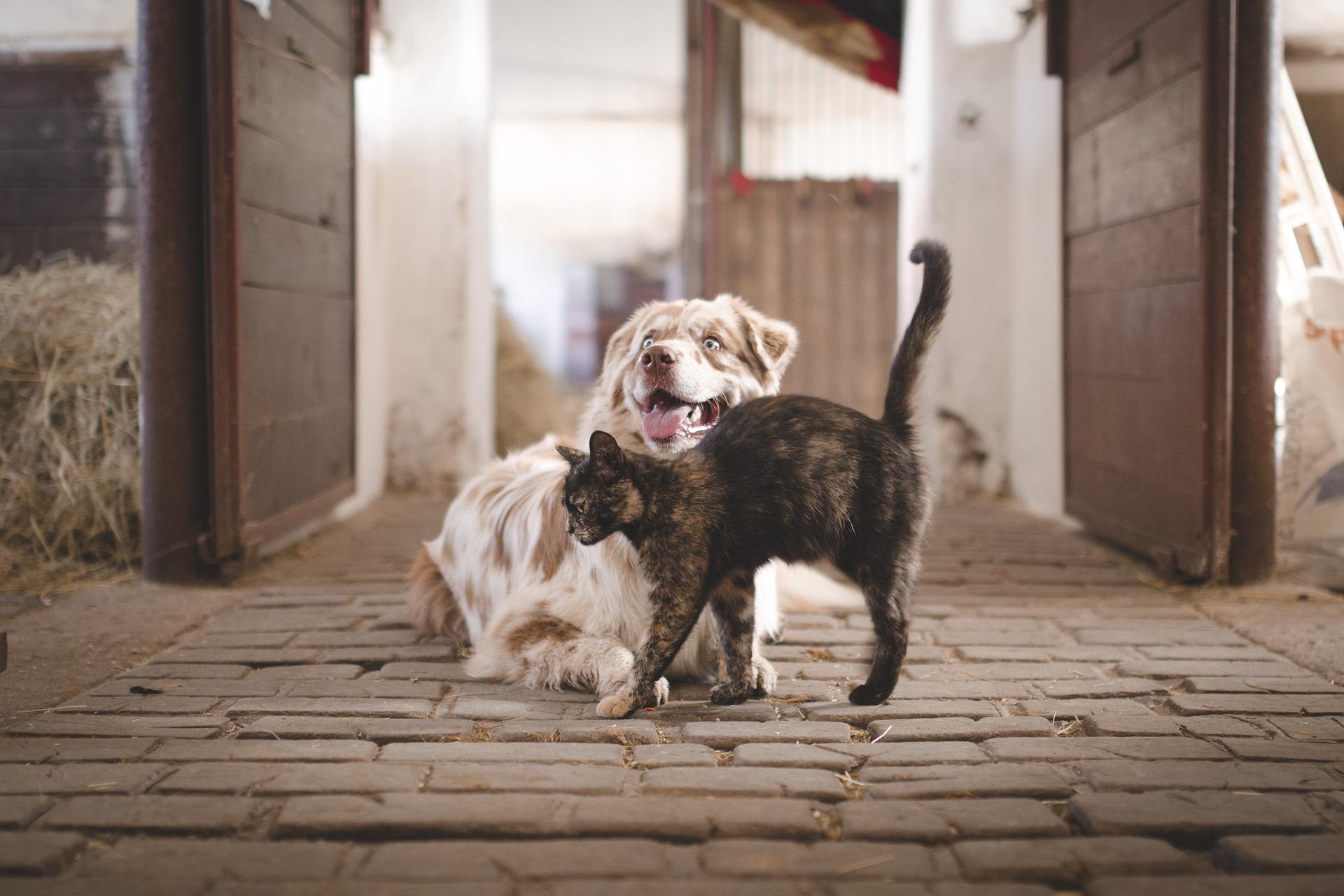Meet the team

You're not the only one going on holiday this summer.
Make sure your pets are up to date with all preventative treatments they require for entry into a boarding facility this summer.
Catteries and kennels have specific rules around vaccine administration, before pets can be accepted into their facilities. This is to ensure that all pets in their care are kept safe from contagious diseases. Vaccinations are required to be up to date and a minimum time between vaccination and admission is 10-14 days. Don’t forget to take your vaccination book with you when dropping off your pet, as most facilities will not accept your pet without proof of vaccination.
Summer is peak flea season, so ensure you protect your pet with an effective flea treatment. We also recommend that you treat your pet against worm infestation the month prior to your visit. Fleas and some worms can also be passed on to humans, so treatment keeps your family safe.
Buller Vets Veterinary team is here to assist you with all pet vaccinations, worming and flea treatments this summer.
Cat Vaccinations
Ensure your cat is up to date with vaccinations before you go on holiday.
Vaccinations play a vital role in ensuring the health and well-being of your pet and other pets also boarding at the same time. Vaccinations provide the best possible protection against a wide range of infectious and serious diseases. Outbreaks occur commonly in non-vaccinated cats and kittens.
All cats going into a cattery must be vaccinated with the core vaccines; Feline Herpesvirus type1 (FHV-1), and Feline Calicivirus (FCV) which are required annually and Feline Parvovirus (FPV) every 3 years.

These vaccinations prevent:
FELINE HERPESVIRUS TYPE1 (FHV-1)
FELINE CALICIVIRUS (FCV)
Typical Symptoms for Both: Conjunctivitis, discharge from the eyes, sneezing, discharge from the nose, salivation, inflamed sore throat, lethargy, reduced appetite, fever, coughing and possibly joint inflammation.
FELINE PARVOVIRUS (FPV)
Typical Symptoms: Fever, depressed, vomiting and diarrhoea.
Dog Vaccinations

Get your dog vaccinations sorted well before you arrive at the kennel.
All dogs going into a kennel must be vaccinated with the core vaccine (Distemper Virus, Adenovirus (Hepatitis) and Parvovirus) every 3 years and the Kennel Cough (Canine Cough) vaccine annually.
These vaccinations prevent:
CANINE DISTEMPER VIRUS (CDV)
Typical Symptoms: Pus-like discharge from eyes, fever, discharge from nose, coughing, lethargy, reduced appetite, and vomiting. As the virus attacks the nervous system, infected dogs develop circling behaviour, head tilt, muscle twitches, convulsions with jaw chewing movements and seizures.
CANINE ADENOVIRUS (CAD)
Typical Symptoms: Decreased appetite, depressed, mild fever. Some develop a cloudiness of eyes, may have respiratory signs such as eye and nasal discharge and a cough.
CANINE PARVOVIRUS (CPV-2)
Typical Symptoms: Loss of appetite, abdominal pain and bloating, fever or low body temperature (hypothermia), vomiting, and severe, often bloody, diarrhoea.
KENNEL / CANINE COUGH
Typical Symptoms: Dogs often present with a sudden hacking cough that can have a goose honking sound, retching and may bring up a pool of mucous. Coughing exacerbated with excitement, pulling on the lead, worse at night time.
Worming and Flea treatments
Ensure your pet has been treated for summer protection.
Before entering a boarding facility, we recommend your cat/dog be wormed with a broad-spectrum worm treatment the month prior and be flea-free. Pets can become infected with both worms and fleas from the environment from places such as domains, parks, beaches, in gardens and on the street. Worm infestation can cause a pot-bellied appearance, diarrhoea, ill-thrift, vomiting or bloody stools.
Buller Vets has a large range of products to suit every animal and life stage, to treat and protect them from these parasites.

